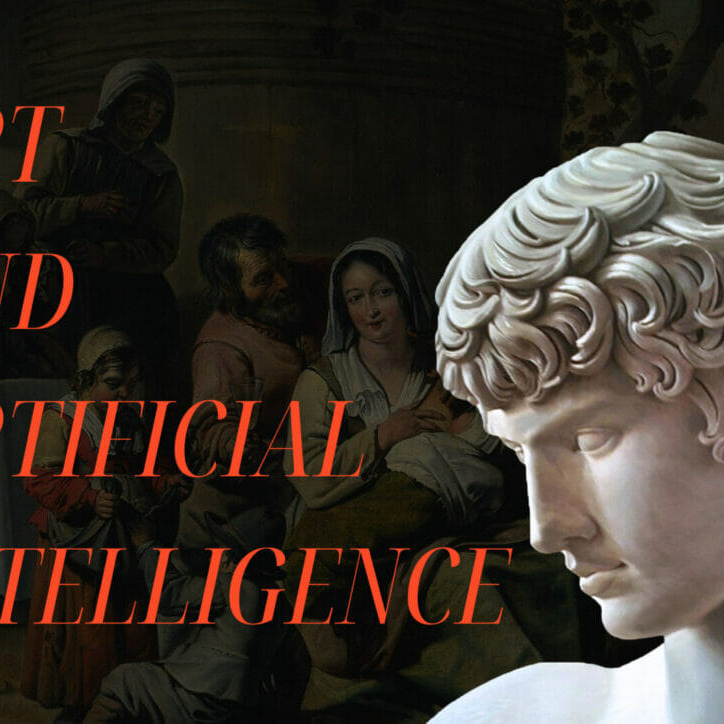
Art and artificial intelligence
The relationship poses an ethical dilemma
Artificial intelligence (AI) is growing more popular by the day, and reshaping our lives as it goes.
The term AI refers to computer systems that can perform tasks which typically require human intelligence, such as problem-solving, language understanding and decision-making.
ChatGPT is currently a popular form of AI due to its remarkable ability to generate human-like text and engage in natural language conversations. It’s used for a variety of purposes, ranging from assisting with research and content creation to enhancing customer support and language translation.
The appeal of AI-generated art
AI-generated art refers to the use of artificial intelligence for the creation of creative pieces. Many may be surprised that AI-generated art was first introduced in the late 1960s with the introduction of Aaron, an AI assistant that aided in the creation of black-and-white drawings.
Recently, AI-generated art has also been gaining popularity worldwide. While this drastically simplifies the process of making art, it has also raised some ethical concerns.
In many ways, AI-generated art has been a revelation. It’s time-saving, while also taking creativity to a new level. Intricate algorithms can now produce a variety of art: from music to literature to visual art, AI does this with such finesse that it rivals human creations. AI technology can mimic artistic styles and create unique original pieces that captivate human imagination and thus attention.
Examples of AI-generated covers can be spotted on social media, where the vocals of one artist are repurposed to create covers of songs originally performed by other artists. One noteworthy example is the cover of JKVE’s “Golden Hour,” reimagined with the use of late singer Mac Miller’s voice.
Questions surrounding the issue
This phenomenon causes a number of ethical questions to arise.
One of the fundamental questions surrounding AI-generated art is that of authorship and originality. When a machine creates art, who does it belong to? Is it the programmer who created the AI, the user who initiated the process or the machine itself? The absence of clear authorship raises concerns regarding the intellectual property’s creative credit.
As AI continues to refine its artistic capabilities, there is growing concern that it may devalue the work of human artists. If machines can replicate artistic styles and generate artworks with ease, will human creativity lose its allure? This concern touches on the broader implications of automation in creative industries and the potential displacement of human artists.
Another issue comes from the fact that AI-generated art often draws on vast datasets of existing works, which can inadvertently perpetuate biases and stereotypes present in those datasets. This raises questions about cultural appropriation and whether AI should be more tightly regulated to prevent the reproduction of offensive or problematic content.
Furthermore, the opacity of AI algorithms used in art generation poses more questions. Should AI-generated artworks come with a disclaimer that acknowledges their machine origins? Additionally, if AI generates art that is controversial or offensive, who should be held accountable?
Looking to the future
The advent of AI-generated art could disrupt the traditional art market. Only time will tell how galleries, collectors and museums adapt to this new form of creation and consumption. What will be the economic consequences for human artists, and how can they navigate this changing landscape?
AI-generated art represents a remarkable fusion of technology and creativity, but it also causes us to grapple with complicated ethical questions.
The journey and purpose of AI-generated art is not just a debate for technologists and artists; it is a reflection of our evolving relationship with technology and the enduring power of human imagination.






